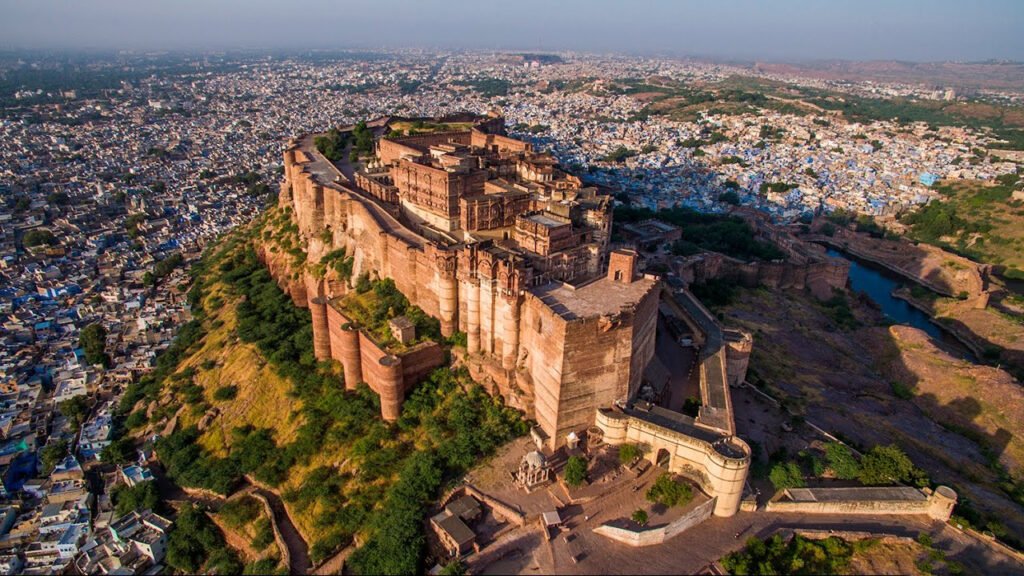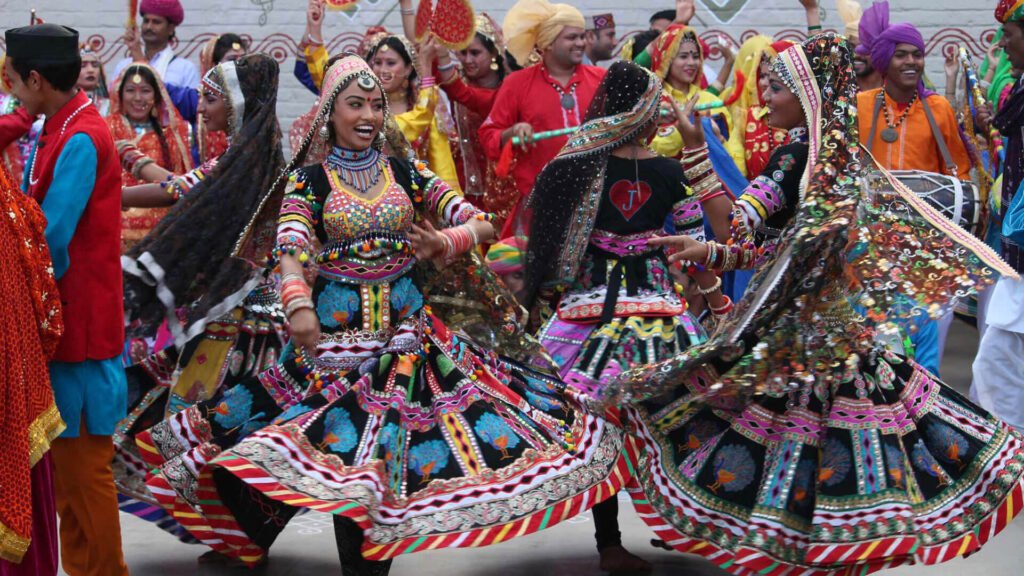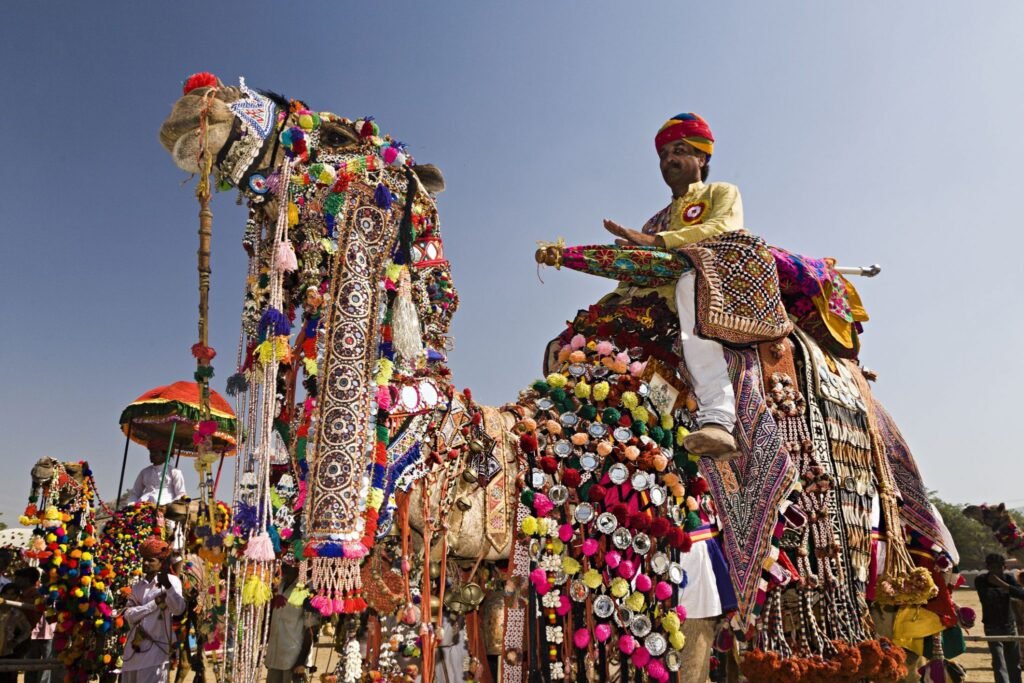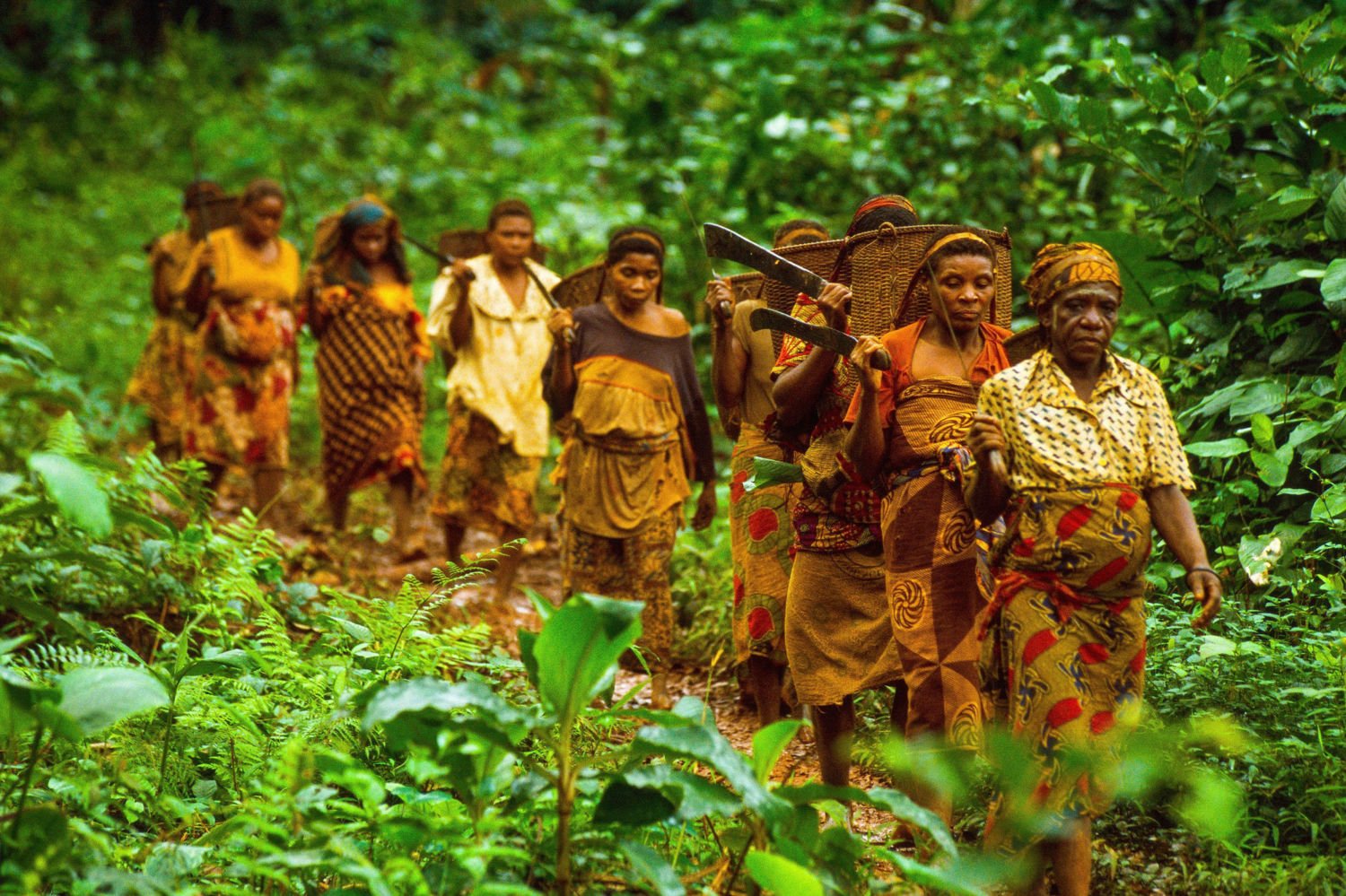Introduction
Marwar, often referred to as the Jodhpur region, is a captivating historical and cultural enclave located in the western part of the Indian state of Rajasthan. This vast expanse of arid land, with its rich history, vibrant traditions, and distinctive cuisine, has beckoned travelers and historians alike to explore its multifaceted heritage. In this comprehensive exploration, we will embark on a journey to unearth the origin, delve into the annals of its history, immerse ourselves in its vibrant culture, and savor the unique culinary treasures that define Marwar.
Origin and History
Marwar’s history stretches back to ancient times, revealing traces of human habitation dating as far as the Stone Age. This region has borne witness to the rise and fall of various dynasties, including the Gurjara-Pratiharas and the valiant Rajputs. However, it was the Rathore clan, a prominent Rajput dynasty, that rose to prominence during the 13th century, shaping the destiny of Marwar.
Under the sagacious leadership of Rao Jodha, a Rathore ruler, the city of Jodhpur was founded in 1459, serving as the nerve center and capital of Marwar. The Rathores, celebrated for their valor and enduring contributions to Rajputana culture, etched an indelible mark on the region’s history. Marwar’s historical journey is a testament to the indomitable spirit of its people and their profound connection to a storied past.

Culture
Marwar boasts a vibrant cultural heritage deeply steeped in Rajput traditions. The region is renowned for its magnificent forts, intricate palaces, and resplendent temples, each a testament to the architectural prowess of its builders. A harmonious blend of Rajput and Mughal styles characterizes Marwar’s architectural landscape, offering a visual feast for travelers. But it’s not just the physical monuments that define Marwar’s culture; it’s the living traditions that make it truly special. The art forms, such as Pabuji Ki Phad (scroll paintings narrating folk hero Pabuji’s tales), folk music echoing through the desert, and captivating dance forms like Ghoomar and Kalbelia, are emblematic of Marwar’s rich cultural tapestry.
Warm hospitality and deep respect for heritage characterize the Marwari people. Their traditions are an integral part of daily life, from traditional attire to rituals passed down through generations. Marwar’s culture is a vibrant living entity that pays homage to its history while embracing the present with open arms. The people’s warmth and pride in their heritage make Marwar an inviting and enriching destination for travelers.

Food
Marwari cuisine is a flavorful testament to the region’s ingenuity in utilizing locally available ingredients, particularly in the arid desert climate. This cuisine has evolved to include dishes with extended shelf lives and minimal water requirements, a reflection of the resourcefulness of Marwar’s people. At the heart of Marwari cuisine lies the iconic “Dal Baati Churma,” a culinary masterpiece consisting of three elements: “Dal,” a rich lentil curry, “Baati,” baked wheat bread rolls, and “Churma,” a sweet crumbled wheat dish.
The “Dal” is a harmonious blend of spices, transforming simple lentils into a savory delight. “Baati,” the baked rolls, provide a crisp contrast to the lentil curry, while “Churma” adds a sweet and crispy note to the ensemble. This dish not only represents Marwari culinary prowess but also reflects their ingenuity in crafting delicious, sustainable dishes in the face of the desert’s challenges.
Marwar’s cuisine extends beyond “Dal Baati Churma” to include an array of delectable offerings. “Ker Sangri,” made from dried berries and beans found in the desert, is expertly spiced to create a unique and flavorful dish. “Gatte ki Sabzi” features gram flour dumplings in a spicy yogurt-based gravy, while “Pyaz Ki Kachori” offers deep-fried pastries filled with a spiced onion mixture—a beloved snack. “Mirchi Vada” showcases spicy green chilies stuffed with potato mixture, deep-fried to perfection.

Festivals
Marwar enthusiastically celebrates a spectrum of traditional Rajput festivals, including Diwali, Holi, and Makar Sankranti. However, the Marwar Festival, held annually in Jodhpur, stands as a significant cultural extravaganza. This festival serves as a grand showcase of folk music, mesmerizing dance performances, thrilling camel races, and a plethora of other traditional activities. It provides a captivating glimpse into the vibrant culture and cherished traditions of the region.
During Diwali, the festival of lights, Marwar gleams with the brilliance of lamps and candles, creating a mesmerizing atmosphere. Holi, the festival of colors, transforms the region into a vibrant canvas as people joyfully splash colors on one another. Makar Sankranti is marked by kite-flying competitions, filling the skies with colorful kites. Each festival carries its unique significance and adds to Marwar’s cultural tapestry. These celebrations are a testament to Marwar’s enduring cultural vibrancy and its commitment to heritage preservation. Through festivals like these, Marwar ensures that its cultural legacy continues to thrive and is shared with visitors from around the world.

Conclusion
In conclusion, Marwar’s historical legacy, cultural richness, and delectable cuisine are a living testament to the resilience and creativity of its people. These remarkable traits have allowed them to not only adapt to the challenging desert environment but also to preserve and proudly showcase their cultural heritage. Marwar is a treasure trove of history, culture, and culinary delights waiting to be explored and celebrated. Its forts whisper tales of valor, its music and dance resonate with centuries of tradition, and its cuisine delights the palate with unique flavors. A journey through Marwar is a journey through time, culture, and the indomitable spirit of its people.




